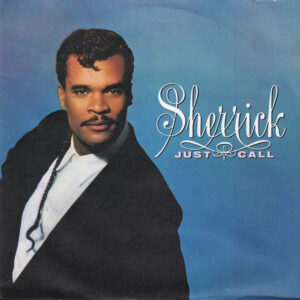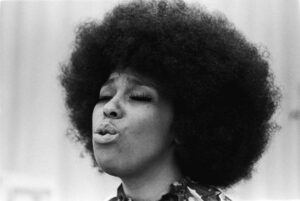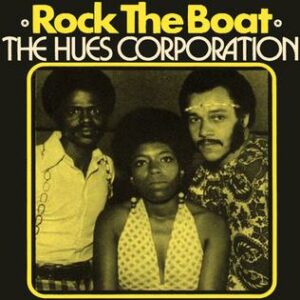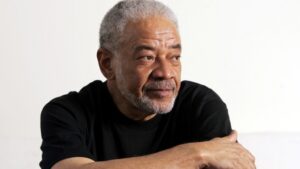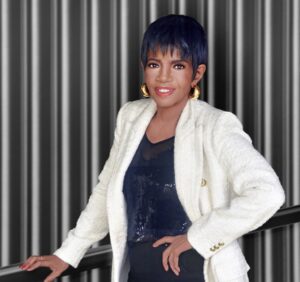Sometimes artistic liberties are taken for the cause of gospel music, whether to show appreciation for the music that inspired them in their childhood or, even more key, to reel in audiences who normally do not set foot in Sunday church services. Gospel music history documents artists who unapologetically crossed over to other markets without sacrificing their first musical love. Numerous trailblazers like Sister Rosetta Tharpe, the first ‘crossover’ artist who blended spirituals with a rhythmic rock foundation, was a pioneer in pushing gospel into the mainstream during the late thirties, despite the criticism of the purists. Other figures contributing to the crossover cause include Andrae Crouch who, on one extreme, was responsible for bridging contemporary and urban Christian music, and—on the other extreme—Tye Tribbett & G.A., whose manic stage appearances have translated praises for the hip-hop/rock market. Though the lines are blurred on occasion in compromising the message over the performance, there are many ministers who hold firm to scriptural integrity through the complex maze of genre bending. Hezekiah Walker and the Love Fellowship Choir have upheld these qualities while maturing into one of today’s urban contemporary gospel ambassadors.
Walker founded LFC from his home church Love Fellowship Temple in Brooklyn, New York. Since their inception, LFC has matured from weekend local ministry to in-demand collaborators with artists outside gospel including Celine Dion and Faith Evans. Walker & LFC’s fusion of passionate soulful worship such as: “Faithful is Our God,” “Grateful” with Dave Hollister, the deep funky praise of “Souled Out,” and “Jesus is My Help” continues reshaping the standard for how this current generation is grasping and accepting praise and worship.
Another of Walker’s strong passions is the Azusa Conferences (named for Azusa Street in Los Angeles) that started in the early 1900s as a series of revivals that helped fuel the Pentecostal movement. Azusa: the Next Generation characterizes the spirit of the conference, driven by plenty of charisma and soulful aftertaste. Though Walker is the primary artist, he steps back and lets his supporting guest cast handle the primary lead roles accompanied by the Azusa Mass Choir (featuring several members of LFC).
Azusa launches with the rousing debut single, “Every Praise” with AMC and Walker’s engaging call and response while gliding on a funky groove. A very dependable gospel deliverer, LFC’s Timiney Figueroa-Caton, wraps her impeccable vocal phrasing and jazzy tones around “More Than a Conqueror.” “Break Every Chain” is a complete reconstruction from the Tasha Cobbs’ smash hit from 2012. Regrettably, the quicker pace and more angst rock approach from the usually reliable Deitrick Haddon falls by the wayside, compared to the more worshipfully sensitive Cobbs’ rendition. Walker’s clever musical intuition is put to good use with the usually magnetic Donnie McClurkin for a mellow semi-country flavored, “Breakthrough,” his tenor taking off during the second half. “Grace” is an unquestionable fit for Brian Courtney Wilson, where he flexes his neo-soul/contemporary gospel suavity.
Besides the guest spots, AMC exercises the traditional side with “I Feel Your Spirit”—one of Azusa’s stirring moments with a clever ‘war cry’ sample, New Orleans beats and the emphatic, ‘moving’ hook. However, their other showcases are a bit hindered, mostly because of the orchestrations. While “Lead Me to The Rock” falls flat due to the over-synthesized instrumentation, the disco-staled “No Greater Love” practically strips the choir’s soulful bounce.
Even with Walker’s limited vocal presence on Azusa, his unique urban imprint is fully apparent. For those who value praise and worship injected with a soulful “oomph,” Azusa: The Next Generation accommodates in nearly every way today’s progressive gospel generation. Recommended.
By Peggy Oliver
